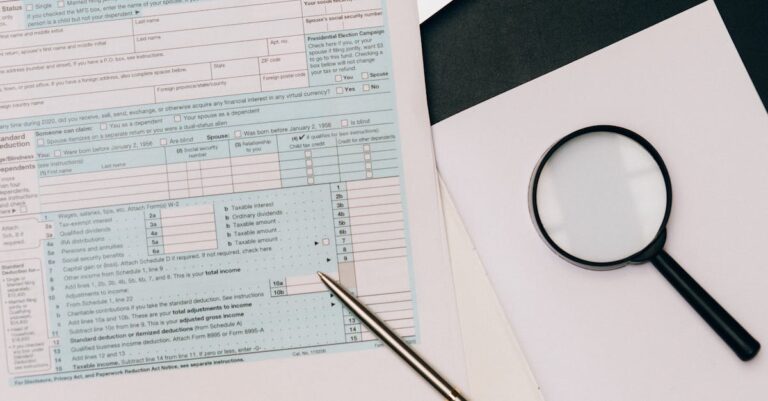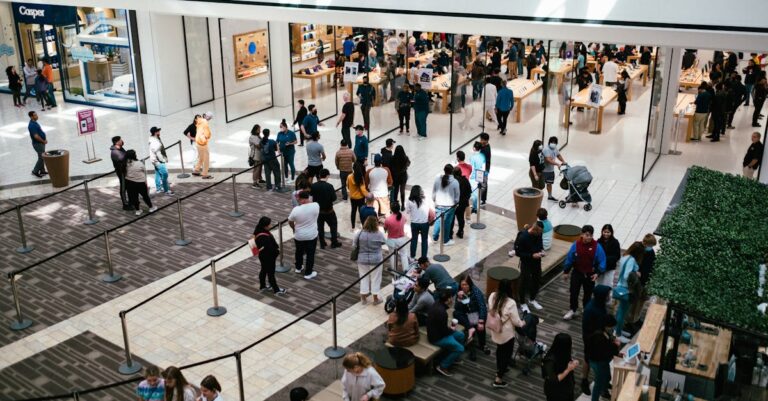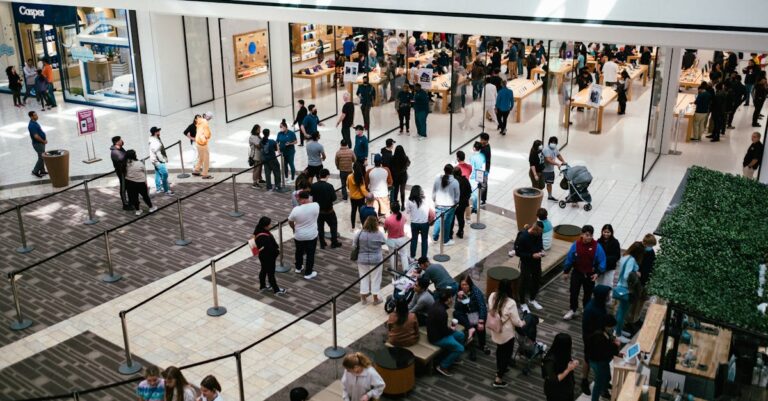Table of Contents
ToggleIn a world where the average person consumes about 2,000 calories a day, keeping track of what goes in can feel like a full-time job. Enter meal tracker apps—the superhero sidekicks everyone needs in their quest for healthier eating. These handy digital companions not only help users log meals but also turn the daunting task of tracking calories into a fun game. Who knew counting carbs could be as engaging as scrolling through social media?
With a few taps on a smartphone, anyone can discover the nutritional value of their favorite foods, set personalized goals, and even share meals with friends. Forget the old-fashioned pen and paper; meal tracker apps make it easy to stay accountable while adding a dash of humor to the dieting grind. So why not embrace technology and let an app do the heavy lifting? Your waistline will thank you.
Overview of Meal Tracker Apps
Meal tracker apps help users monitor their food intake and maintain nutritional balance. A variety of apps cater to different dietary needs, making it easier for individuals to find options that suit their goals. Users can log meals quickly by selecting foods from extensive databases, streamlining the tracking process.
Notably, many of these apps include barcode scanners to simplify input, ensuring accurate calorie counts and nutritional data. Features often include customizable meal plans, which allow individuals to tailor their diets as needed. Graphs and charts display progress over time, providing motivating visual feedback.
Many users appreciate the community aspects these apps offer. Social features allow sharing meals with friends, which can promote accountability in a fun way. Users often enjoy joining challenges or support groups within the app, making healthy eating feel like a shared journey.
Tracking macros becomes easier with these applications. They often permit users to see their protein, fat, and carbohydrate intake in real time. Plans can adjust based on goals like weight loss or muscle gain, allowing for flexibility along the way.
Accessibility remains a significant advantage. Most apps are available on both smartphones and tablets, making it convenient for users to log their meals anytime, anywhere. Additional tools, such as recipe suggestions and dining out guides, support users in making better choices while eating on the go.
Investing time into meal tracking can yield positive health outcomes. Evidence suggests that individuals who regularly monitor their diets tend to experience weight management success. Overall, integrating meal tracker apps into daily routines can facilitate healthier eating habits and enhance overall wellness.
Key Features to Look For
Identifying key features in meal tracker apps greatly enhances the user experience. Users should prioritize intuitive design and accessibility.
User Interface and Experience
A clean, user-friendly interface simplifies meal logging. Easy navigation encourages regular use, making tracking an enjoyable routine. Visual elements such as icons and color coding help users quickly identify food categories and nutrient contents. An appealing layout fosters motivation, while interactive features like meal planners and progress visualization keep engagement high. Overall satisfaction often hinges on how seamlessly users can log their meals and monitor their goals.
Nutritional Database
Comprehensive nutritional databases form the backbone of effective meal tracker apps. Extensive food listings ensure users can find accurate nutritional information about various items, including brand-specific products. Apps featuring barcode scanners enable quick entry, significantly speeding up the logging process. Real-time updates on food values help users make informed choices. Users benefit from apps that continually expand their databases to include new and popular foods.
Customization Options
Personalization enhances the functionality of meal tracker apps. Users appreciate the ability to set specific dietary goals, adjust macronutrient ratios, and receive tailored meal suggestions. Flexible tracking options cater to various lifestyles, including vegetarian, vegan, or ketogenic diets. Custom meal plans empower users to align their tracking with personal preferences and health objectives. Effective customization significantly increases user satisfaction and adherence to dietary plans.
Popular Meal Tracker Apps Reviewed
Meal tracker apps vary widely in features and usability, offering distinct advantages and drawbacks. Here are some popular options:
App A: Pros and Cons
App A excels in user experience with a streamlined interface that allows quick meal logging. Extensive food databases enhance its utility, making it simple to find items. Users appreciate the real-time macro tracking feature, which provides immediate insights into nutritional intake. However, some users report that the premium version’s cost may deter them from accessing comprehensive features. Additionally, the social aspects may feel limited in comparison to other apps.
App B: Pros and Cons
App B stands out for its innovative meal planning tools, which allow users to customize their dietary goals effectively. Users enjoy the community support features, enabling connection with friends and participation in challenges. The barcode scanner simplifies the logging process significantly. On the downside, the app’s layout may seem overwhelming for new users. Some find the ad placements intrusive, which can detract from the overall experience.
App C: Pros and Cons
App C is notable for its rich selection of recipes, making meal preparation enjoyable and versatile. Users value the integration of fitness tracking, offering a holistic approach to health. Access to personalized insights enhances motivation and commitment to dietary goals. Yet, its extensive features might require a learning curve for less tech-savvy individuals. Furthermore, certain food items may not appear in the database, which can limit logging accuracy.
Benefits of Using Meal Tracker Apps
Meal tracker apps offer numerous advantages that enhance dietary management. Users can monitor daily calorie intake effectively, turning what could feel overwhelming into an engaging experience. Enjoyable interactions, similar to social media engagement, make meal tracking less of a chore.
Access to extensive nutritional information streamlines meal planning. Individuals can set personal goals that align with their dietary needs and preferences. Sharing meals with friends adds an element of accountability, encouraging healthier behaviors.
Flexibility is a key feature provided by these apps. Users tracking macronutrients receive real-time insights into protein, fat, and carbohydrate consumption. This immediate feedback allows adjustments to dietary plans as needed.
Various apps cater to different dietary needs, ensuring that everyone finds suitable options. Logging meals becomes quick and straightforward through the use of extensive food databases and barcode scanners. Features like customizable meal plans and progress visualizations enhance user engagement, making tracking more interactive.
Community aspects promote ongoing support and motivation. Users can join challenges or support groups, creating a sense of camaraderie among peers. Accessibility plays a significant role, as most meal tracker apps are available on smartphones and tablets, making logging meals feasible anytime and anywhere.
Additional tools within these apps, such as recipe suggestions and dining out guides, facilitate healthier choices. Regularly engaging with meal tracking tools correlates with successful weight management outcomes. Individuals committed to their dietary tracking often experience improvements in overall wellness. Integrating these applications into daily routines makes achieving health goals manageable and enjoyable.
Meal tracker apps stand out as powerful tools for anyone looking to enhance their dietary habits. By providing easy access to nutritional information and fostering a sense of community, these apps make meal tracking not just effective but enjoyable. Their user-friendly interfaces and customizable features cater to diverse dietary needs, ensuring that individuals can find the right fit for their lifestyle.
With the ability to log meals on-the-go and receive real-time insights into macronutrient intake, users can make informed choices that align with their health goals. Embracing these digital solutions can lead to significant improvements in wellness and weight management, making meal tracker apps an essential part of a balanced lifestyle.







